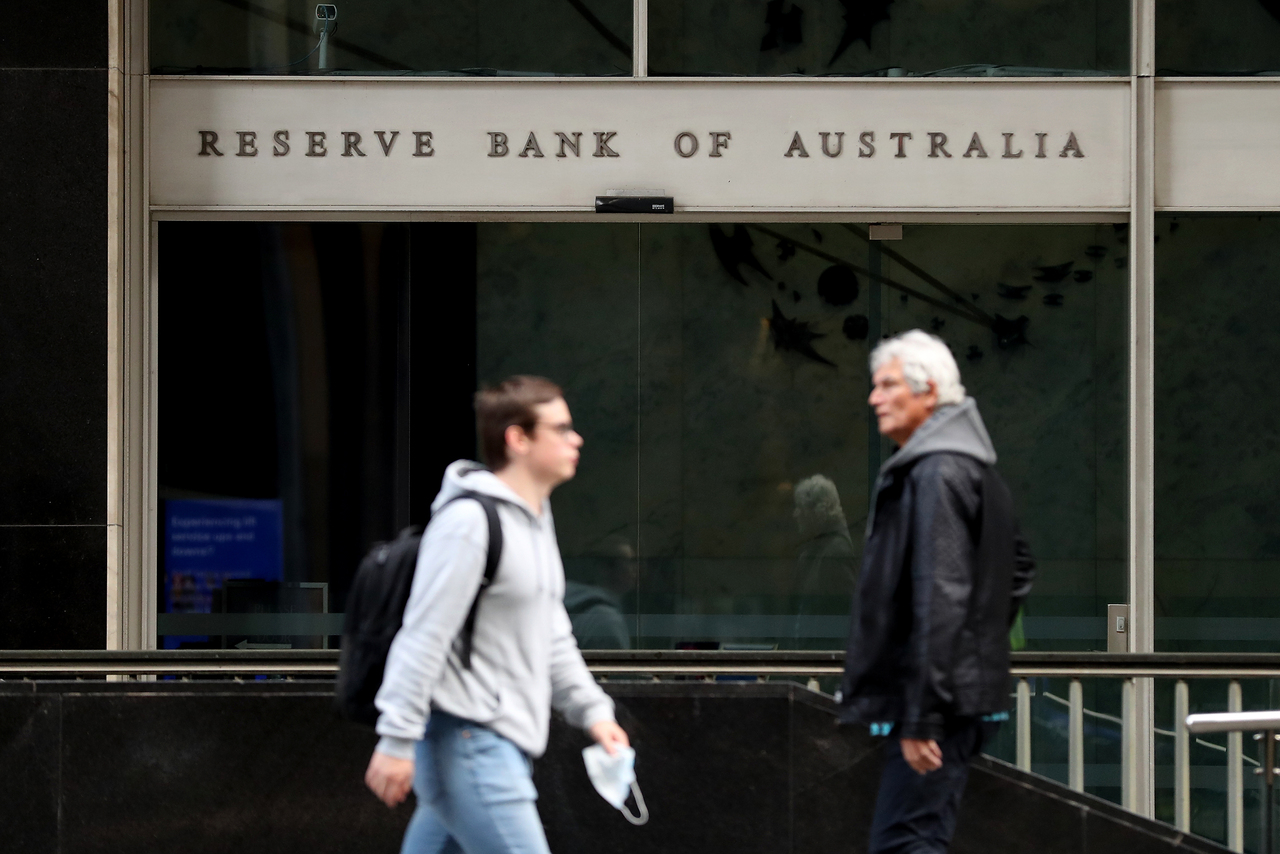Australia's central bank sharply raises inflation forecasts, flags more rate hikes
Sign up now: Get ST's newsletters delivered to your inbox

The Reserve Bank of Australia warned that core inflation could now hit 4.6 per cent by December.
PHOTO: BLOOMBERG
Follow topic:
SYDNEY (REUTERS) - Australia's central bank on Friday (May 6) drastically revised up forecasts for inflation, foreshadowing how far interest rates might have to rise to bring the country's cost-of-living crisis under control.
In its quarterly statement on monetary policy, the Reserve Bank of Australia (RBA) warned that core inflation could now hit 4.6 per cent by December, a startling two percentage points higher than its previous forecast made in February.
That would be well above the RBA's 2 per cent to 3 per cent target band and inflation was only seen returning to the top of the band by mid- 2024, suggesting a lengthy tightening cycle was in store.
At the same time, unemployment was now forecast to drop further to 50-year lows of 3.6 per cent over the year ahead and finally push up wages after years of miserly gains.
Annual wage growth is seen accelerating to 3 per cent by the end of this year, from the current 2.3 per cent, and to 3.7 per cent by mid-2024.
It was this potent mix that led the RBA board this week to raise interest rates by 25 basis points to 0.35 per cent, the first increase in more than a decade, and to flag a lot more hikes ahead.
"The board is committed to doing what is necessary to ensure inflation in Australia returns to target over time," RBA governor Philip Lowe wrote in the 68-page statement. "This will require a further lift in interest rates over the period ahead."
Markets are pricing in another hike to at least 0.6 per cent in June and then a move a month to reach 2.75 per cent by Christmas. The RBA's own forecasts are based on rates of 1.75 per cent by year end and a peak around 2.5 per cent by the end of 2023.
Mr Lowe himself nominated 2.5 per cent as a rate that would be neutral for the economy, but was non-committal on how fast, or whether, rates might get there.
Not alone
The RBA is hardly alone in this predicament, with the Federal Reserve hiking by half a point this week and flagging similar moves in June and July. The Bank of England also hiked on Thursday but was notably more downbeat on the economic outlook.
The sudden rise in Australian borrowing costs has been unwelcome news to Prime Minister Scott Morrison as he fights a tough election campaign based squarely on economic management.
It was also a blow for Australian households, which hold a record A$2 trillion (S$1.97 trillion) of mortgage debt amid one of the biggest housing bubbles in the country's history.
The RBA is confident consumers can weather these ill winds, thanks in part to an extra A$272 billion of savings that households built up during the pandemic.
The central bank forecast that the economy would grow a healthy 4.2 per cent this year, before slowing to 2 per cent in 2023 as rising rates, higher inflation and a moderation in house prices take a toll.
There were plenty of unknowns, however, ranging from new coronavirus variants and the conflict in Ukraine to global supply bottlenecks and how households would react to the new reality of higher inflation.

